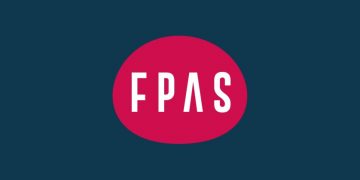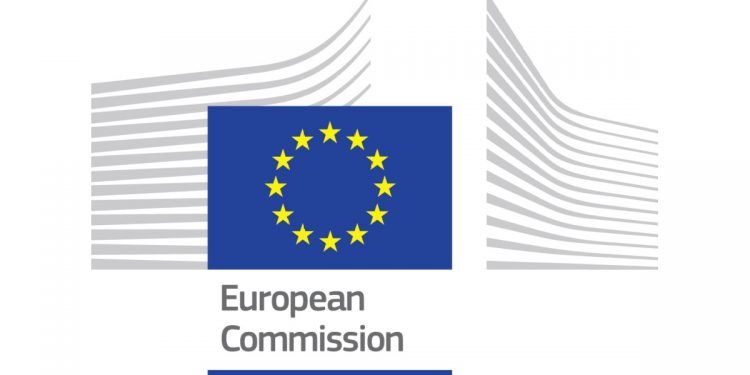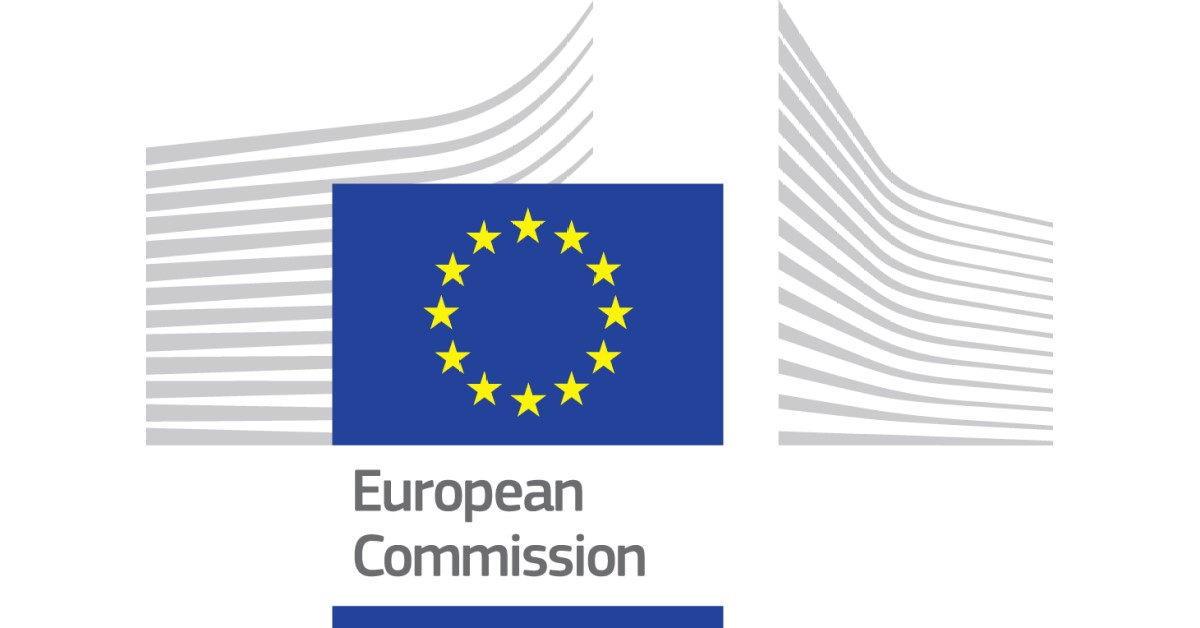The 2020 report on the use of the Rapid Alert System for Food and Feed published today shows that a total of 3862 notifications of food or feed risks were reported by the Member States to the European Commission last year.
This is somewhat less than last year’s Report, probably due to the pandemic because of fewer rejections at the border. 1398 were classified as ‘alert’, indicating a health risk for which swift action was required by business operators or authorities. Over the last seven years, the annual number of alert notifications has doubled, showing that in this period the network has become a lot more proficient at detecting and reporting foods and feeds presenting a significant risk to consumers. Ethylene oxide in sesame seeds is the most frequently reported issue. Remarkable is that most contaminations with ethylene oxide were reported by companies checking their stocks (own controls versus official controls). As in previous years, most notifications in 2020 concerned food products, with a small percentage of the notifications relating to feed (6%) and food contact materials (3%). The RASFF was instrumental for tracing and removing the affected products from the market.



















































Discussão sobre este post